By Manisha Sahu,
America News World Staff
October 12, 2025
Afghanistan’s Foreign Minister Amir Khan Muttaqi has described the exclusion of women journalists from his recent press conference in New Delhi as merely a “technical issue,” amid a growing storm of criticism from Indian media organizations, political leaders, and civil society groups. The Taliban minister’s remarks have reignited debates over press freedom, gender equality, and India’s diplomatic stance toward Afghanistan’s ruling regime.

The controversy erupted on Friday when female reporters were denied entry to Muttaqi’s press briefing during his ongoing official visit to India. The incident triggered widespread outrage, prompting the Afghan delegation to organize a second media interaction on Sunday, this time allowing women journalists to attend.
Speaking at the follow-up event, Muttaqi downplayed the controversy, saying, “It was more a technical issue and no other problem.” His comment, however, failed to calm the anger of journalists and rights advocates, who called the exclusion “a clear case of gender discrimination.”
Media Bodies Condemn Discrimination Against Women Journalists
Leading Indian media groups, including the Editors Guild of India and the Indian Women’s Press Corps (IWPC), condemned the Afghan minister’s initial press conference, calling it “unjustifiable and discriminatory.”
The Editors Guild issued a strong statement asserting, “While diplomatic premises may claim protection under the Vienna Convention, that cannot justify blatant gender discrimination in press access on Indian soil.” The Guild said India’s reputation as a democracy committed to equality and freedom of the press “must not be compromised to accommodate regressive norms.”

The IWPC echoed this view, describing the incident as “a serious affront to women’s rights and media freedom.” The organization urged the Indian government to ensure such incidents do not recur. “This exclusion of women journalists is an insult not only to the Indian media but to the principles of gender equality enshrined in India’s Constitution,” the IWPC said.
MEA Clarifies No Role in Taliban Minister’s Press Event
As criticism mounted, the Ministry of External Affairs (MEA) clarified that it had no involvement in organizing the Friday event. According to MEA officials, the press meet took place within the Afghan Embassy’s diplomatic premises, which operate under the protection of the Vienna Convention.
“The Afghan side independently organized the press conference. The Government of India was not involved in its planning or execution,” an MEA spokesperson said.
However, the Editors Guild maintained that the Indian government “cannot remain a silent spectator” to discrimination happening within its borders, even under diplomatic immunity. “The principle of equality cannot be selectively applied,” the Guild emphasized.
Political Leaders Slam Modi Government Over Silence
The controversy quickly escalated into a political issue, with opposition leaders targeting Prime Minister Narendra Modi for not condemning the incident.
Congress leader Rahul Gandhi accused the Prime Minister of hypocrisy, saying, “Your silence in the face of such discrimination exposes the emptiness of your slogans on Nari Shakti.”
Priyanka Gandhi Vadra demanded a public statement from the Prime Minister, calling the exclusion “an insult to every woman journalist in India.” She added, “This is not just about protocol—it’s about principle.”
TMC MP Mahua Moitra called the episode “a national embarrassment,” tweeting that “the Taliban’s discriminatory attitude has no place in democratic India.”
Former Union Minister P. Chidambaram also criticized male journalists who attended the event, saying, “They should have walked out in solidarity with their female colleagues. Silence in the face of injustice is complicity.”
Taliban’s Record on Women’s Rights Under Scrutiny
The incident has reignited global attention on the Taliban’s treatment of women in Afghanistan, where the regime has imposed sweeping restrictions on women’s education, employment, and participation in public life. Since seizing power in August 2021, the Taliban has banned women from universities, government jobs, and even most humanitarian organizations.
Observers say that Muttaqi’s explanation reflects the Taliban’s broader pattern of dismissing international criticism. “Calling it a ‘technical issue’ is an attempt to mask deeply ingrained gender discrimination,” said a South Asia analyst. “It also raises questions about how India manages its diplomatic relations with regimes that openly violate women’s rights.”
Impact on India-Taliban Relations
Muttaqi’s visit to India is part of the Taliban government’s ongoing outreach to regional powers for economic cooperation and humanitarian assistance. The visit includes meetings with Indian officials and business groups to discuss trade, aid, and regional security.
However, the controversy threatens to overshadow the diplomatic agenda. Analysts warn that India must tread carefully to avoid sending a message that it is willing to overlook the Taliban’s gender apartheid policies in the name of strategic engagement.
India’s Image and Global Reaction
The episode has sparked international debate on India’s diplomatic handling of the Taliban. Global media outlets have highlighted the contradiction between India’s promotion of women’s empowerment on global platforms and its muted response to the discrimination that occurred in its capital.
Human rights advocates say the incident should serve as a “wake-up call” for the Indian government. “Engagement with the Taliban cannot come at the cost of compromising India’s democratic principles,” said a Delhi-based women’s rights activist.
Despite Amir Khan Muttaqi’s claim that the exclusion of women journalists was merely a “technical issue,” the controversy has become a flashpoint in India-Afghanistan relations, raising uncomfortable questions about gender rights, media freedom, and diplomatic accountability.
As the debate continues, one thing is clear: India’s handling of this episode will be closely watched—both by its citizens and by the international community—as a test of its commitment to equality, democracy, and freedom of the press.
Discover more from AMERICA NEWS WORLD
Subscribe to get the latest posts sent to your email.
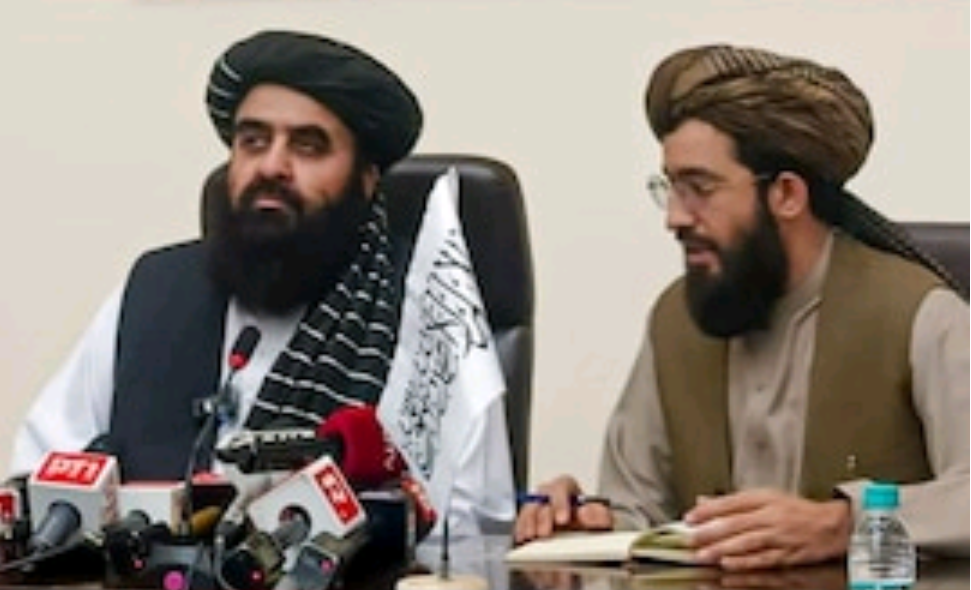


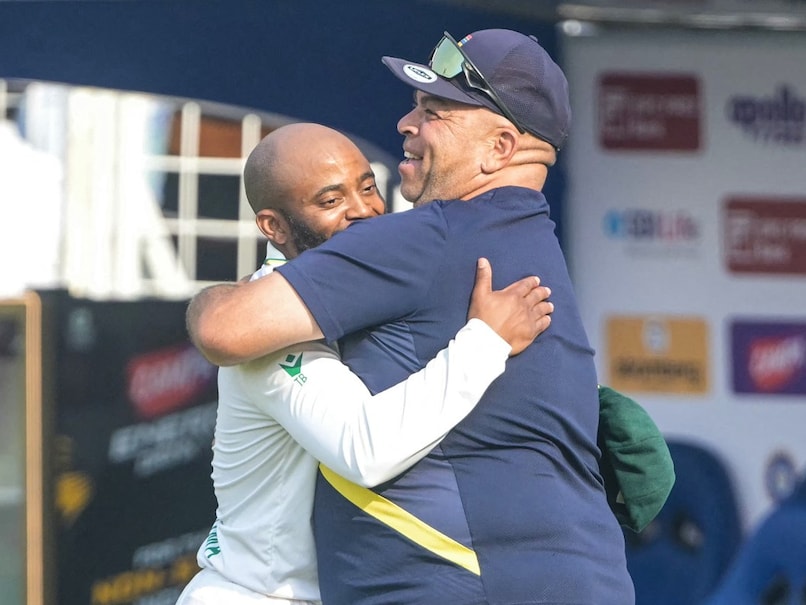
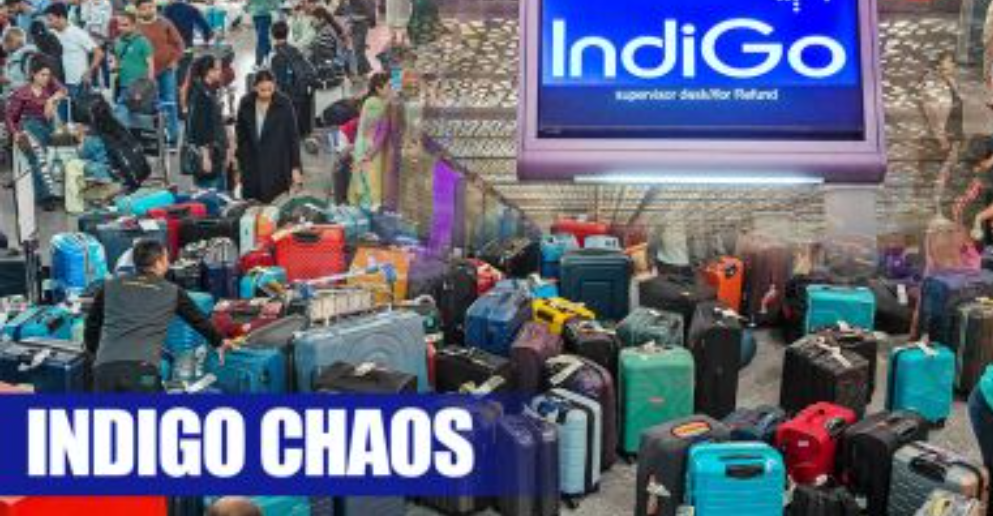
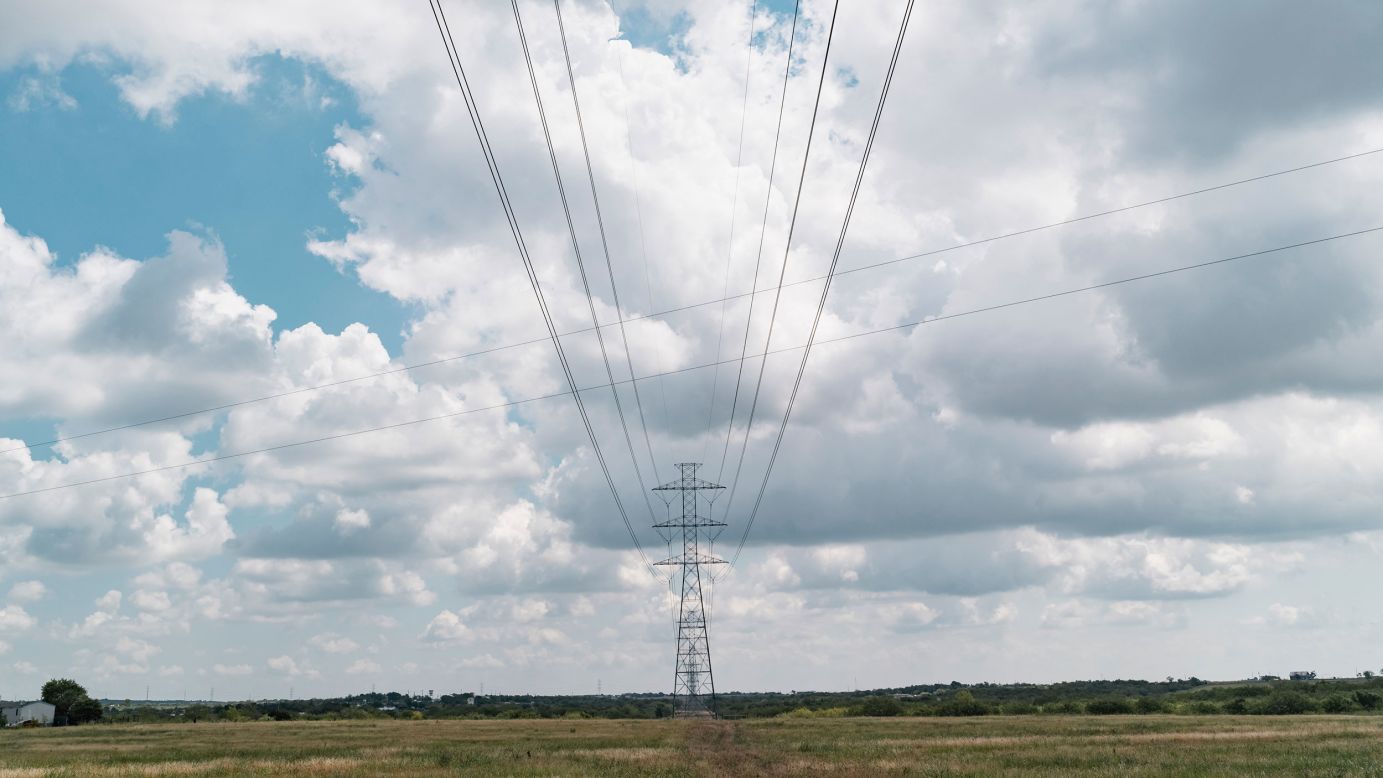






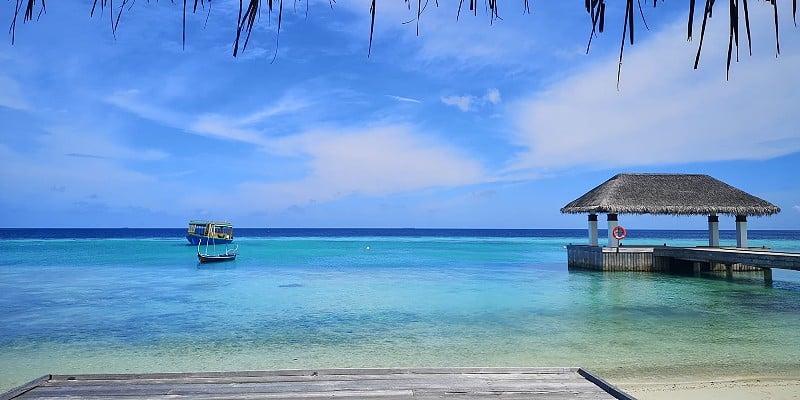
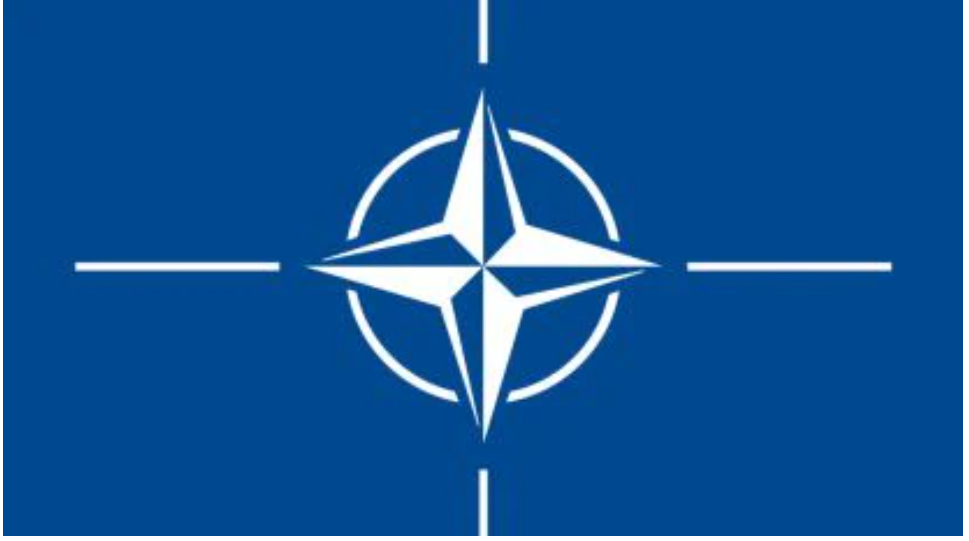
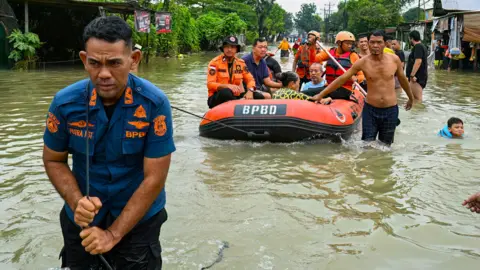



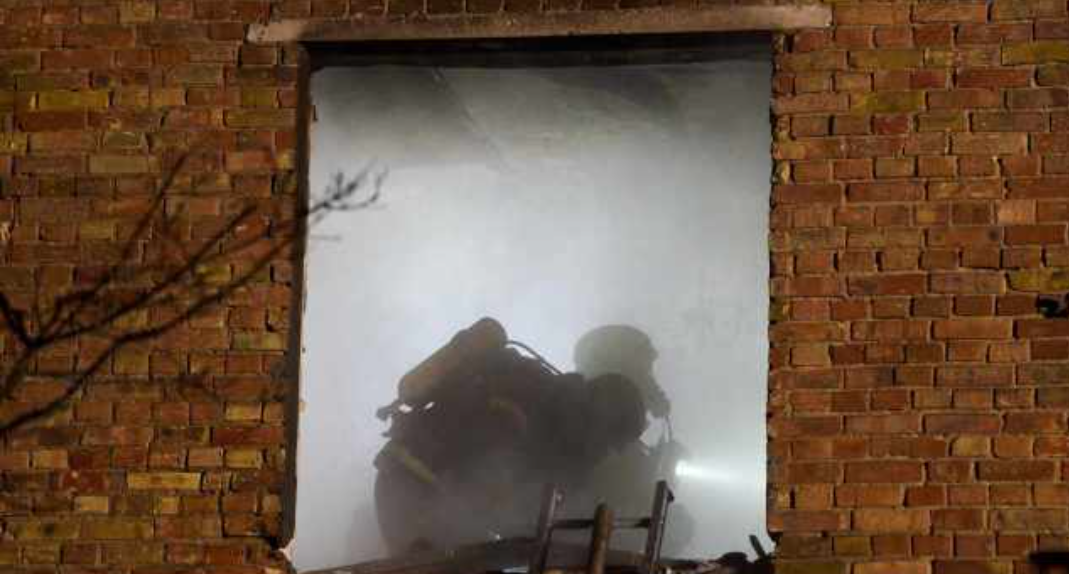
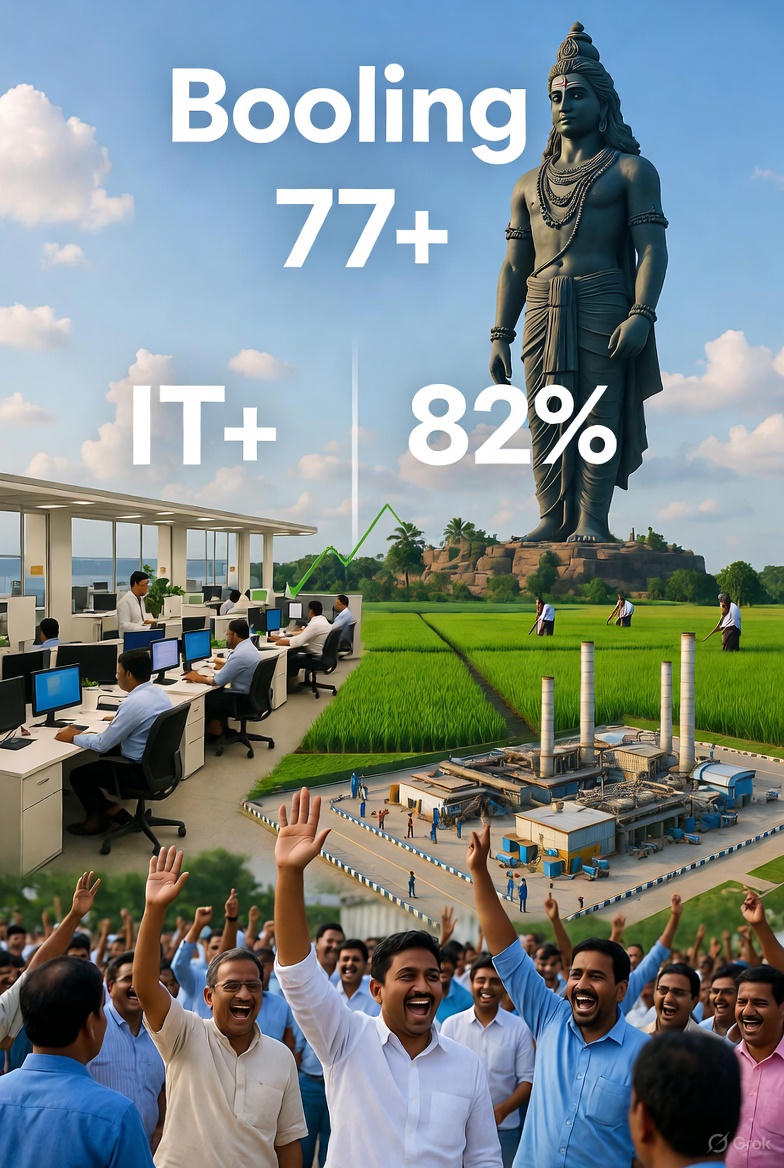





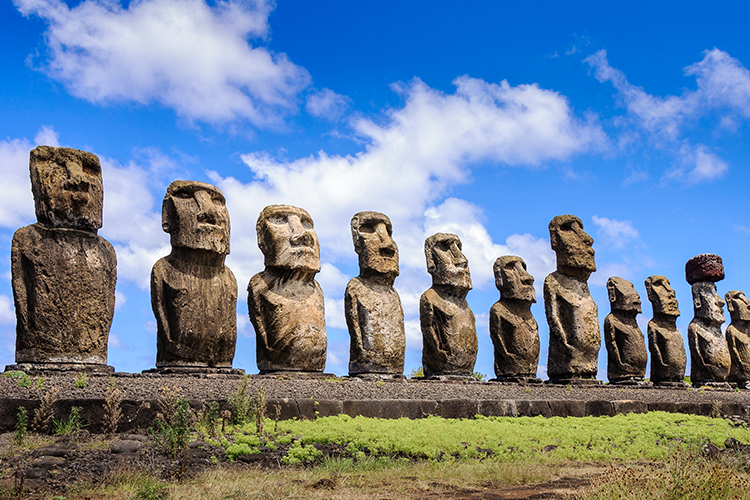
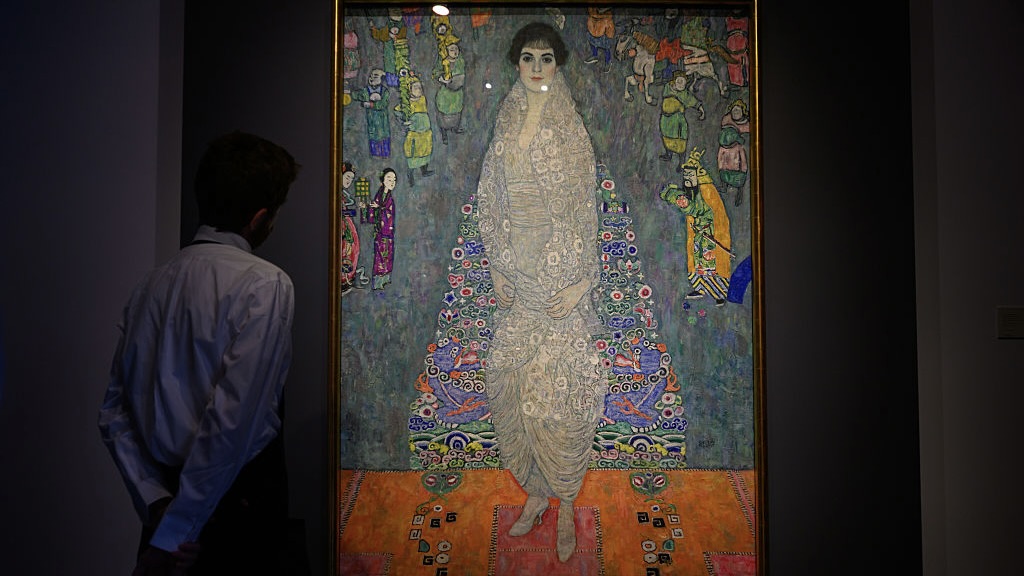





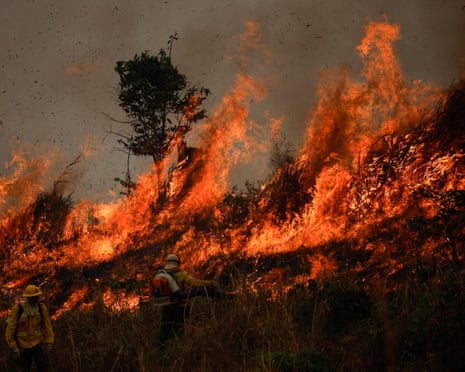
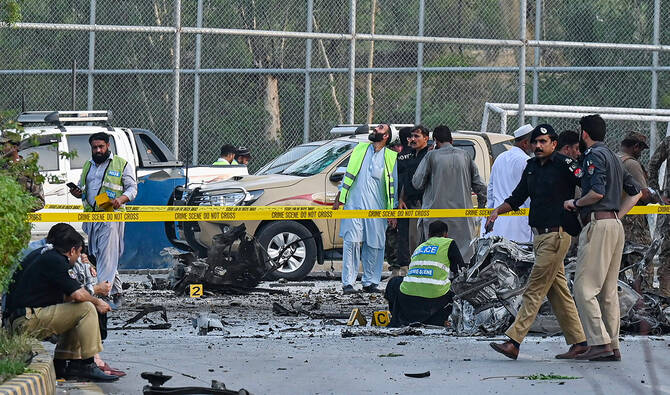


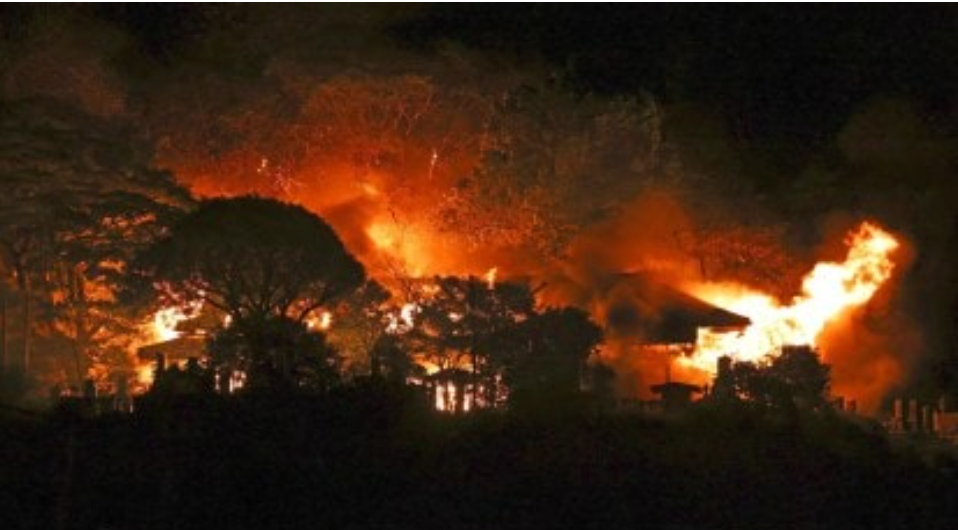
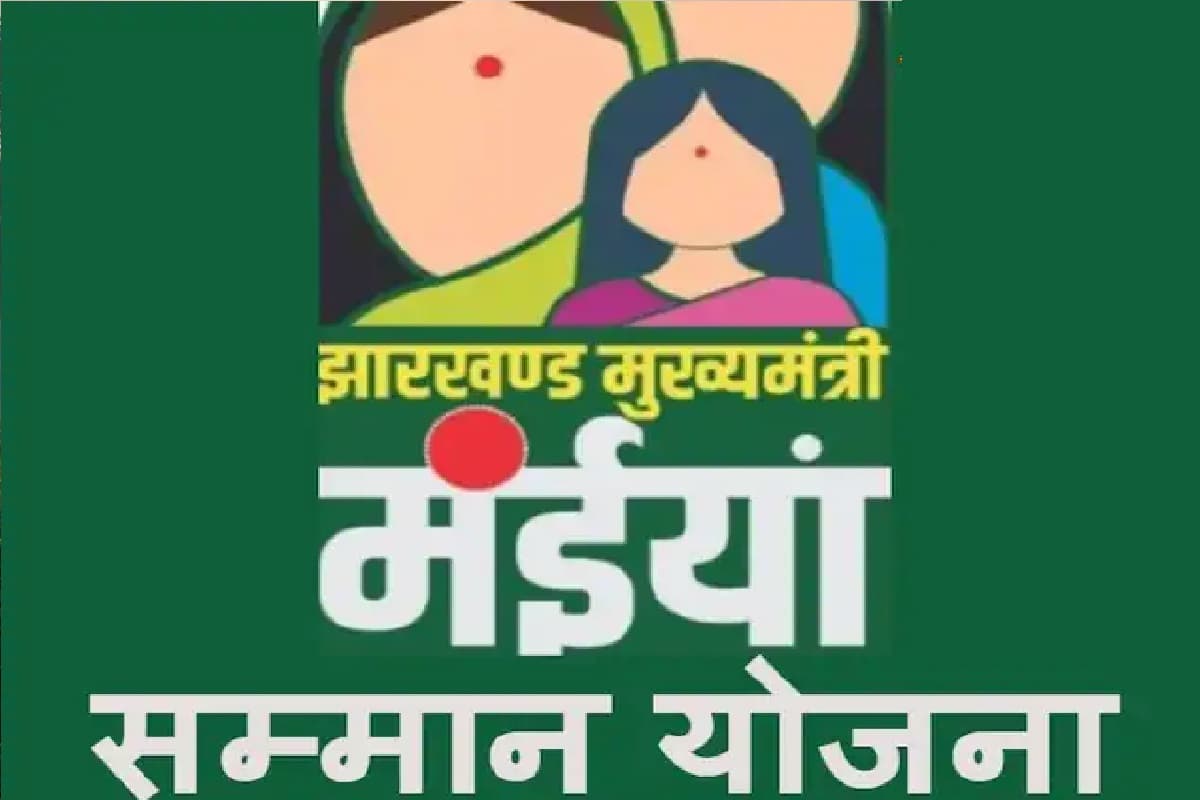

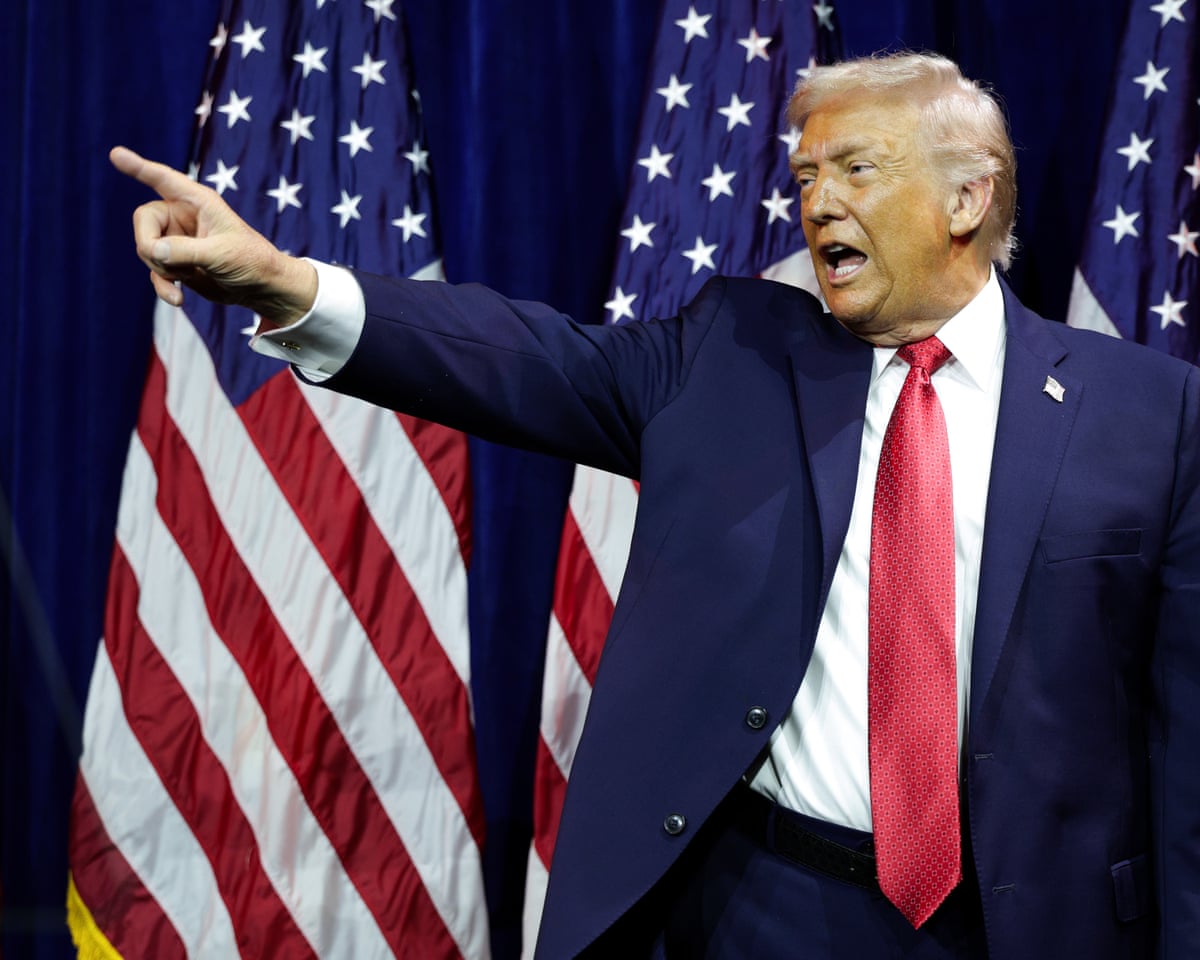
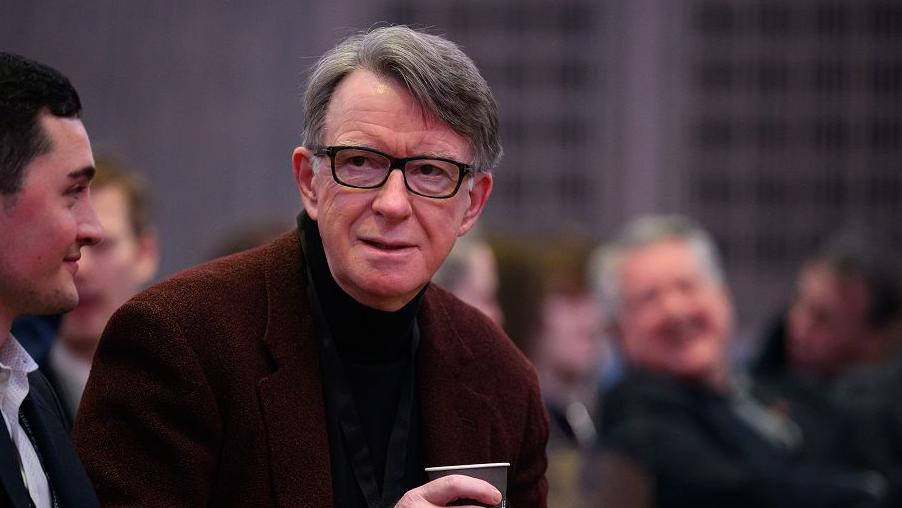
Leave a Reply